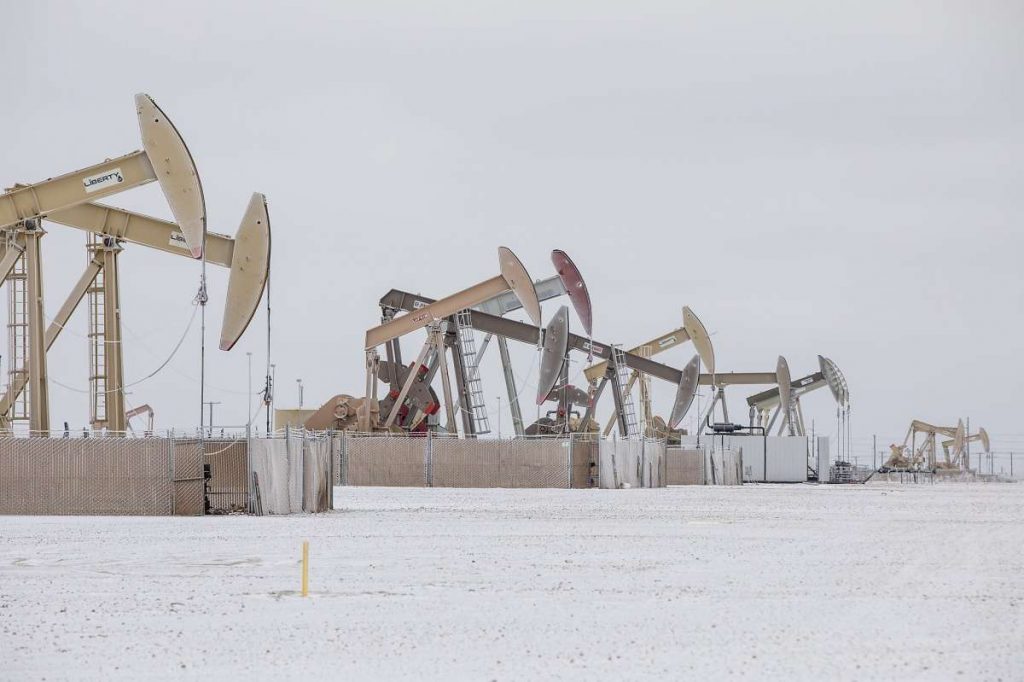Mirabella Miller ’23
Staff Writer
As a winter storm wreaked havoc in Texas last week, leaving millions without power and over half of the state on boil-water advisories, a sinister narrative that often emerges on social media when Southern states are enduring crises once again reared its head. Too often, people aligned with liberal policies make callous statements, like this tweet (and this one), alleging that Southern voters made their rhetorical beds by voting for Republican state governments, and suffering induced by these crises are how they have to lie in them.
The argument that anyone somehow deserves to freeze to death in their own home is not only morally egregious and demonstrative of an absence of empathy and compassion, but also a superficial look at the politics of the South. It also ignores the large numbers of marginalized people living in the South as well as the gerrymandering and voter suppression that prevent them from electing a representative government.
Eight out of the ten most gerrymandered districts in the country are in the South, and two of them are in Texas. In 2017, a federal court ruled that those two districts were illegally drawn to suppress Hispanic voters. Conservative judges on the U.S. Supreme Court upheld one of the districts as legal. That district is Texas’s 35th Congressional District, which snakes 80 miles from Austin to San Antonio, enveloping the two cities with only a thin line between them. Additionally, The Election Law Journal ranked Texas as the most difficult state to vote in in 2020, citing strict voter I.D. laws, a lack of polling locations on college campuses and majority-minority areas, and voter misinformation and intimidation at the polls.
It is important to note that it is overwhelmingly low-income people of color, a group that already votes Democrat, that suffered the brunt of the impact of this storm, making the assertion that they somehow brought this suffering upon themselves even more inapplicable and condescending. Residents in communities of color are more likely to live in older homes with poor insulation. The precious little power that remained in the state was given to grids connected to critical facilities like hospitals, which are less commonly found in poor communities and communities of color. And as the state’s food supply buckled, residents living in food deserts — overwhelmingly people of color and poor people — were left behind as shelves emptied fast.
But even if Texans had elected Republican leadership with fair elections free of gerrymandering and suppression, that still does not mean they deserve to suffer. In a time when partisanship is at an all time high in America and the animosity between the Democratic and Republican parties prevents meaningful dialogue, sentiments like these only further divide people. It does no good for either side’s cause to wish pain and suffering on another person, and treating people as expendable regional stereotypes makes them even less likely to consider the other side’s policies. The storm in Texas, especially the failure of privatized and deregulated utilities, has the potential to rally support for progressive policies like the Green New Deal. Shaming Texans just gives them another reason not to vote for these policies.
I am not trying to prop up some flowery narrative of unity between Democrats and Republicans. I know unity is a fraught concept often used to sweep the legitimate concerns of marginalized groups under the rug. Many people feel no desire to unite with people who may hold hateful views. But writing off an entire region based on homogenous stereotypes only perpetuates those views and decreases incentive to change them. This attitude also legitimizes right-wing critiques of hypocrisy among the left, and adds fuel to the fire of the “tolerant left” talking point so often invoked by the likes of Sean Hannity and Tomi Lahren. It’s frustrating to see people play straight into the hands of conservative pundits for a cheap dunk on Southerners while attempting to assert their liberal cred.
Because gerrymandering and voter suppression make it impossible for the voices of Texans to be accurately heard, Texas does not have the government it “deserves.” But what is important is that Texas could have the government it deserves one day. If we want to move forward, we need to take the emphasis off of who a person voted for in the past and place it on who they could vote for in the future. If we truly want to replace distrust and partisanship with meaningful interregional dialogue and coalitions, it’s time to stop writing off certain regions of the country based on political stereotypes that homogenize them.
Vitriol for Southerners and the people they voted for is a callous justification of human suffering. The idea that some people deserve to suffer more than others in this country is a sinister and pervasive one that seeps out into other social issues: sexism, racism, prison abolition, ableism. People are voters, yes, but people are also people, and nobody deserves to die because of who they voted for. It’s sad that that has to be said.
Image Source: Houston Chronicle





